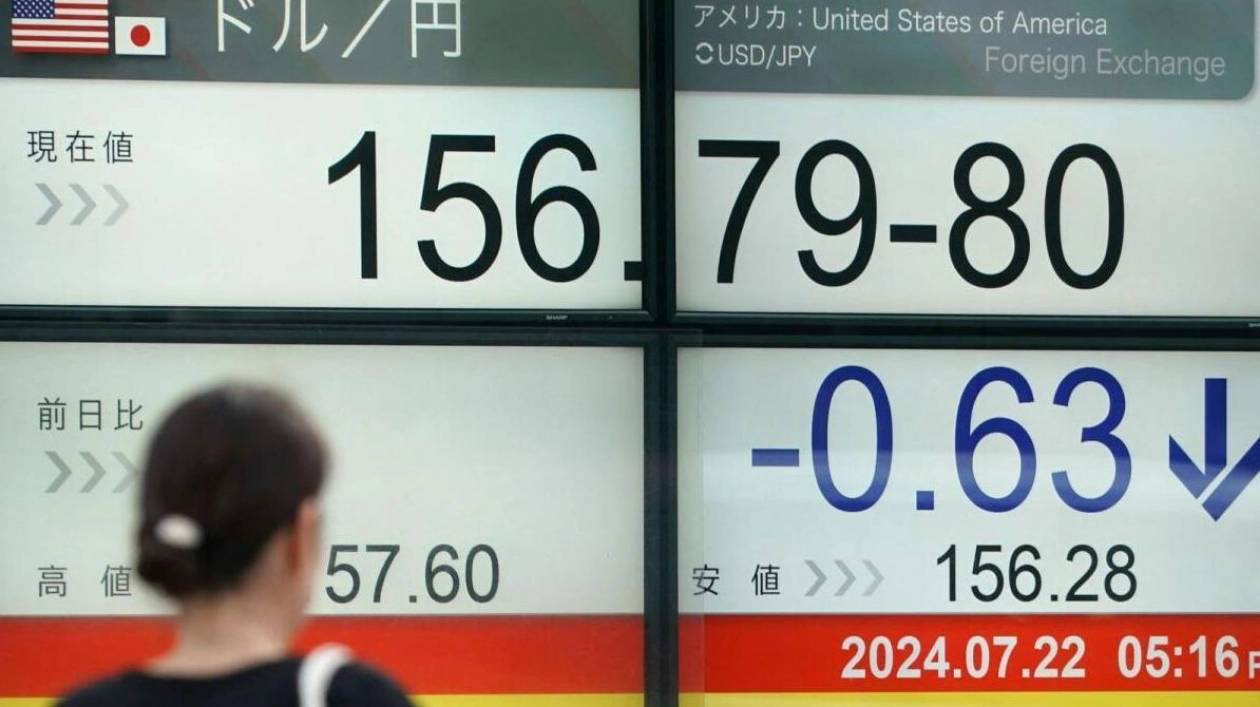Japan's top government spokesperson, Yoshimasa Hayashi, emphasized the importance of wage increases among smaller companies, highlighting the administration's commitment to sustained wage growth. These efforts are a key policy focus for Prime Minister Fumio Kishida's government, aimed at preventing the rise in living costs from harming consumption and jeopardizing a delicate economic recovery.
Hayashi's comments were made during a Reuters NEXT Newsmaker interview prior to the Bank of Japan's policy meeting on July 30 and 31, where the board might consider whether it is appropriate to raise interest rates from their current near-zero levels. He stressed the necessity for Japan to establish a 'positive' cycle where companies can pass on increased costs through price hikes, enabling them to earn enough to continue raising wages.
As the chief cabinet secretary, Hayashi stated on Friday that he expects the Bank of Japan to make specific monetary policy decisions, taking into account economic developments and maintaining close communication with markets. He noted that it is crucial for this positive cycle to extend further among smaller firms, responding to expectations from some market participants that the central bank could increase interest rates this month.
The government is considering drafting a new fiscal stimulus package later this year to mitigate the impact on households if inflation continues to rise, with the scale of spending dependent on future economic conditions. The Bank of Japan, moving away from a decade-long program of radical stimulus, ended negative interest rates and bond yield control in March, and markets are anticipating a rate hike at this month's meeting.
BOJ Governor Kazuo Ueda has indicated the bank's willingness to raise rates if there is strong evidence that wage increases will become widespread and maintain inflation around the 2% target. Although large companies have offered substantial pay hikes in recent wage negotiations, it remains uncertain whether smaller companies can follow suit. Regarding the recent yen depreciation and its economic impact, Hayashi expressed a preference for currency rates that reflect economic fundamentals but avoided commenting on whether recent levels were appropriate.
The yen has dropped over 10% against the dollar this year, reaching 38-year lows due to the significant interest rate disparity between the U.S. and Japan. There are suspicions that Tokyo intervened in the market this month to support the yen, which has been fluctuating around 157.50 to the dollar after reaching a six-week high of 155.375 following suspected intervention. Hayashi indicated that there is no immediate need to revise the 2013 joint statement between the government and the BOJ, which commits the central bank to achieving its 2% inflation target as soon as possible.






